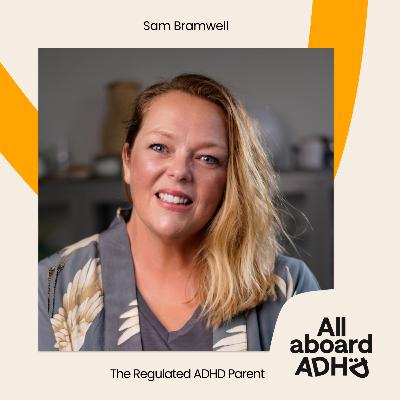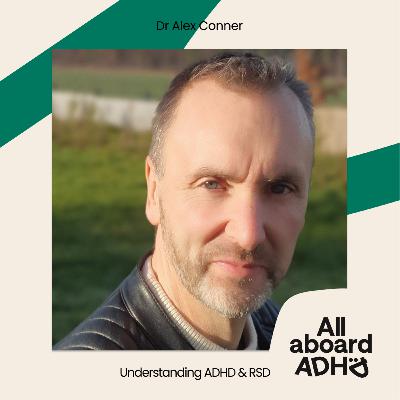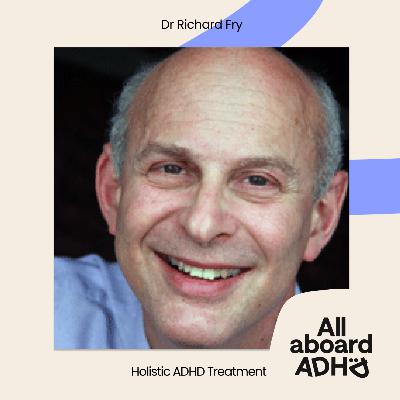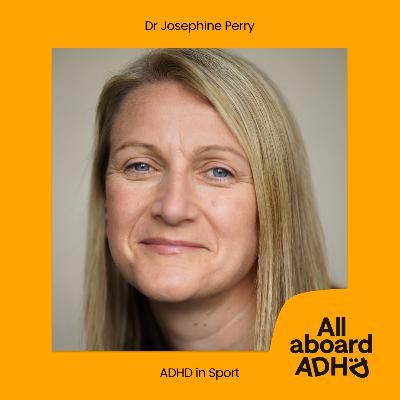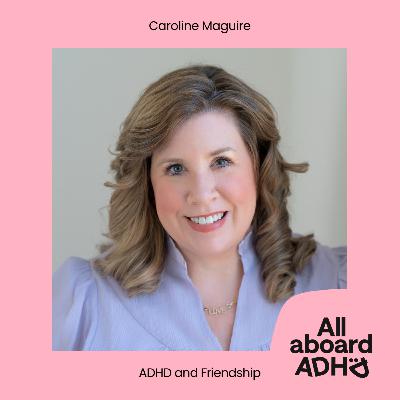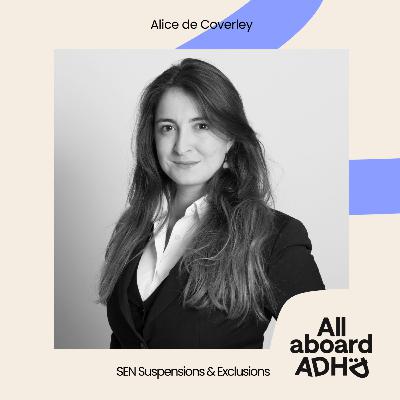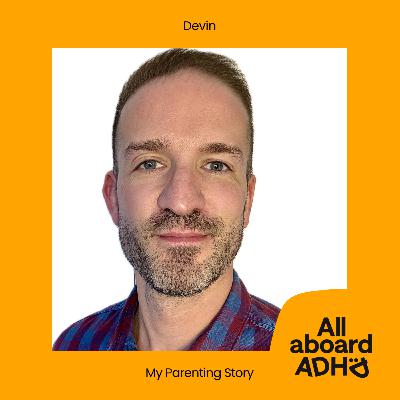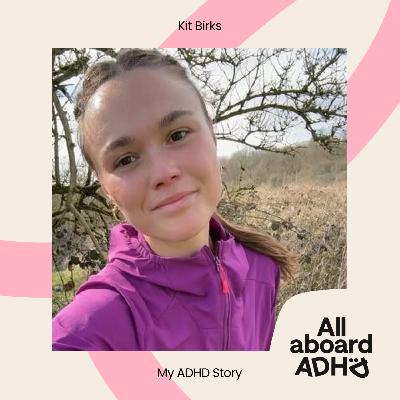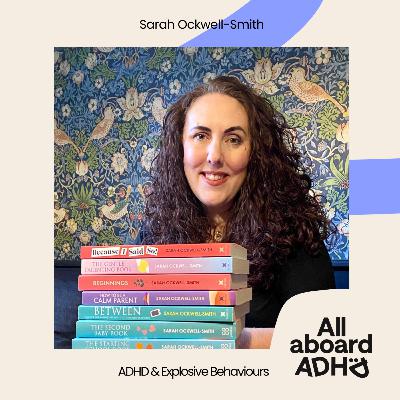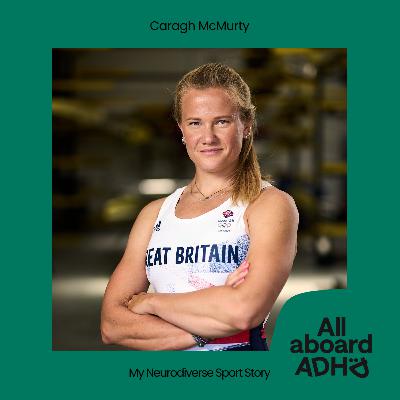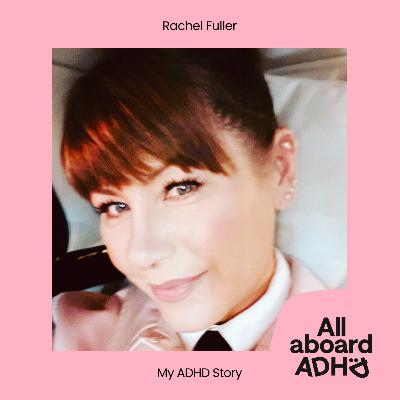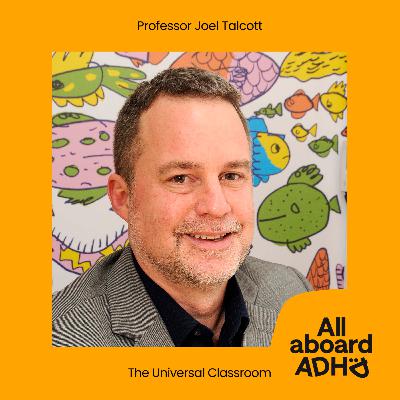ADHD & Emotional Regulation
Description
Why is emotional regulation more challenging for children with ADHD - and how can we help our kids cope better with their emotions?
In this episode of the All Aboard ADHD podcast, Claire is joined by expert guest Dr Alessio Bellato to discuss the fascinating link between ADHD and emotional regulation. Dr Alessio is a Lecturer in Child and Adolescent Mental Health at the University of Southampton and a Psychologist with expertise in Child Psychiatry and Psychology. Whilst it is not part of the official DSM-5 diagnostic criteria for ADHD, emotional regulation can pose a significant challenge for children with ADHD and of course, parents too.
In this episode, Claire and Dr Alessio discuss how emotional regulation develops. Rather than something we are born with, it is a skill we learn as we develop, and social acceptance plays a key role. Dr Alessio also touches on the difference between emotional reactivity and regulation and how different regions of the brain handle these processes in children with ADHD
Dr Alessio also describes some of the emotional dysregulation challenges for children with ADHD - for example, increased reactivity and sensitivity, difficulties with challenging behaviour like bullying, plus the challenges of managing teacher and parent expectations as they transition from primary to secondary school. He provides some interesting insight into Rejection Sensitivity Dysphoria (RSD) and the impact of real and perceived rejection on emotional regulation, for example, if children feel excluded from a friend group, rejected by a potential partner in their teens, or for a job. Dr Alessio describes how “putting rejection into context” and discussing the consequences of potential rejection with children can help them interpret it and better cope with it as they grow up.
Claire and Dr Alessio go on to describe how we can learn to regulate our emotions with healthy coping strategies, providing insight into what happens in the brain when we react to stress and why babies cry so much. He also explains how emotional regulation is first something we rely on our caregivers for, and how we eventually learn to regulate our nervous system as we grow up.
Finally, they discuss the different options to support emotional dysregulation in ADHD children. Dr Alessio shares some fascinating findings from a meta-analysis (as yet unpublished as of May 2025) on different interventions, showing that medication, behavioural therapies, coaching, and also exercise can be helpful to support children in regulating their emotions. He also describes how medication and other interventions can work in harmony to create better outcomes for people with ADHD, by “calming our mind and also our body”. Dr Alessio also invites parents to reflect on their own emotional regulation and the behaviours they model for their children as a result, emphasising the impact of speaking openly about your feelings with your children, particularly during big life transitions.
This episode is a must-listen for parents looking to understand emotional regulation and reactivity in their ADHD children, and how best to support their kids to cope better with their feelings.
To find out more about Alessio and his work, head to:
https://telegraph.co.uk/gift/757cfcff3a168b76
https://www.olihelp.com/post/emotional-regulation-and-adhd-how-can-we-better-manage-our-emotions
To read other relevant papers on emotional regulation and dysregulation:
https://www.jaacap.org/article/S0890-8567(24)00304-6/fulltext
https://www.mdpi.com/2076-3425/14/5/453
https://www.jaacap.org/article/S0890-8567(23)00075-8/fulltext
https://acamh.onlinelibrary.wiley.com/doi/10.1002/jcv2.12148



